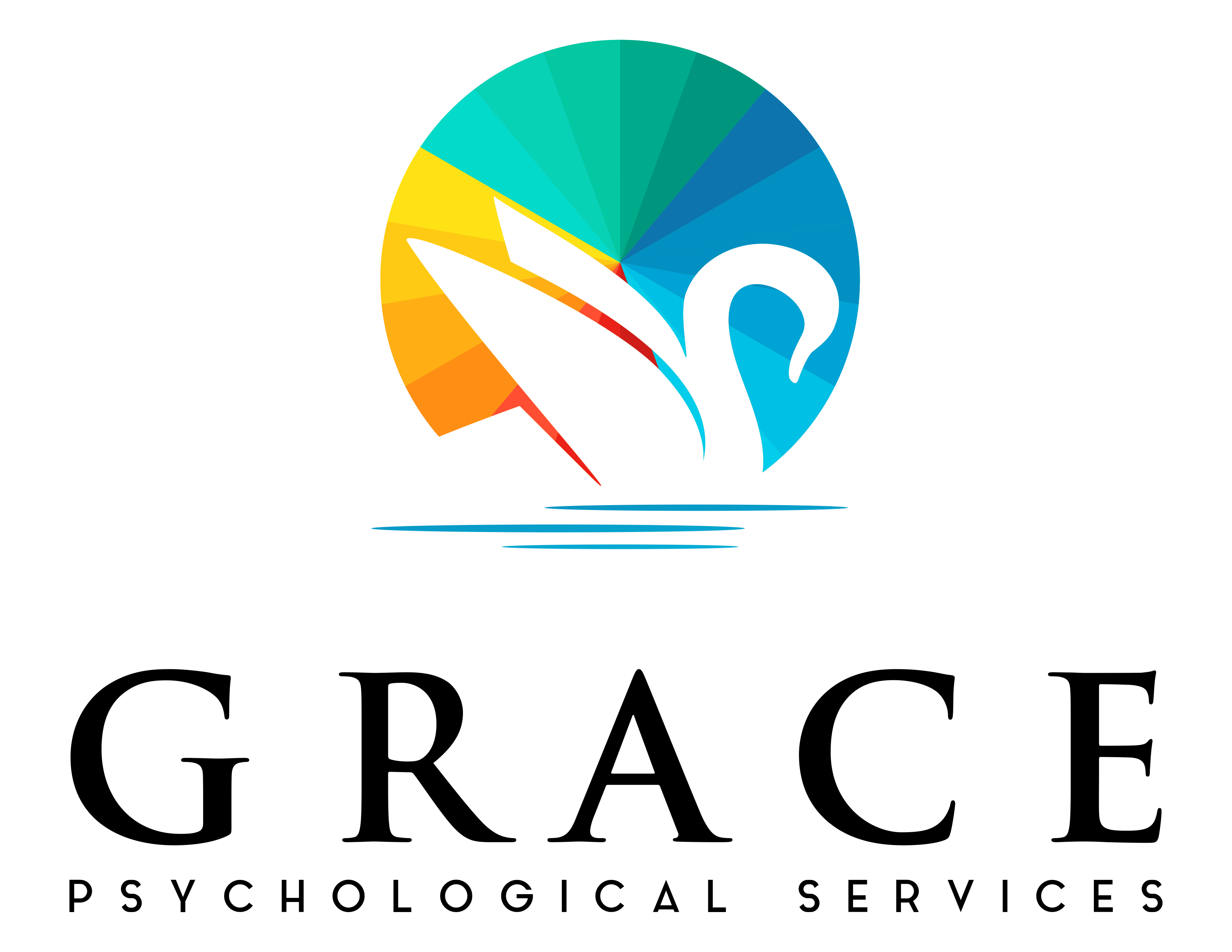ADHD in Children
We all know kids who can’t sit still, who never seem to listen, who blurt out inappropriate comments, or don’t follow instructions no matter how clearly you present them.
While it’s normal for kids to forget their homework, daydream during class or act without thinking, inattention, impulsivity and hyperactivity are also signs of Attention-Deficit Hyperactivity Disorder, or ADHD. ADHD makes it difficult for a person to inhibit their spontaneous responses, including everything from movement to speech to assertiveness.
Some children with ADHD may be constantly in-motion, bouncing off the walls and disrupting others around them. Other children with ADHD may sit quietly, with their attention miles away.
There are three primary characteristics of ADHD: Inattentiveness, hyperactivity and impulsivity, though all three aren’t always prominent in one child.
Children with ADHD may:
- Have trouble staying focused or get easily distracted
- Appear not to be listening when spoken to
- Constantly fidget and squirm
- Talk excessively
- Act without thinking
- Interrupt often, or say the wrong thing at the wrong time
- Have a quick temper or “short fuse”
Whether or not your child’s symptoms of inattention, hyperactivity and impulsivity are due to ADHD, they can cause problems if left untreated. Children who can’t focus or control themselves or get into trouble at school often find it hard to make friends. These frustrations can later lead to low self-esteem as well as friction for the whole family.
Treatment can make a dramatic difference in your child’s symptoms. With the right support, your child can get on track for success in all areas of life.
ADHD in Adults
Counseling can be highly beneficial for adults with Attention Deficit Hyperactivity Disorder (ADHD) in several ways. While medication may be a primary treatment option for ADHD, counseling or therapy can provide valuable support and strategies to manage the challenges associated with the condition. Here are some ways in which counseling can help adults with ADHD:
Education and Understanding: Counseling sessions can offer adults with ADHD a deeper understanding of the disorder, including its symptoms, causes, and how it affects their daily lives. This knowledge empowers individuals to make informed decisions about treatment options and develop effective coping mechanisms.
Skill Development: Counselors can teach adults with ADHD specific skills and techniques to manage their symptoms. These may include organizational strategies, time management techniques, goal setting, and prioritization skills. By learning these practical skills, individuals can improve their productivity, reduce feelings of overwhelm, and enhance their overall functioning.
Emotional Support: Living with ADHD can be emotionally challenging, leading to feelings of frustration, low self-esteem, and anxiety. Counseling provides a safe and supportive space for individuals to express their emotions, discuss their struggles, and work through any negative thought patterns or beliefs. Through therapy, individuals can develop healthier coping mechanisms and build resilience.
Relationship and Social Skills: Adults with ADHD often experience difficulties in their relationships and social interactions. Counseling can help them develop effective communication skills, improve their ability to listen and empathize, and navigate social situations more successfully. By addressing these challenges, individuals can enhance their relationships and build stronger social connections.
Coping with Co-occurring Issues: ADHD is commonly associated with co-occurring conditions such as anxiety, depression, and substance abuse. Counseling can address these additional concerns and provide individuals with strategies to manage their symptoms effectively. A counselor can help individuals identify and address any underlying emotional issues that may exacerbate their ADHD symptoms.
Behavioral Modification: Counseling can assist individuals in identifying and modifying problematic behaviors associated with ADHD. By understanding the underlying triggers and patterns, individuals can work on implementing healthier behaviors and breaking negative cycles. This may involve strategies such as developing positive routines, setting realistic goals, and improving self-regulation.
Support and Accountability: Regular counseling sessions provide ongoing support and accountability for individuals with ADHD. The counselor can track progress, provide encouragement, and offer guidance when facing challenges. This consistent support can be invaluable in maintaining motivation and implementing strategies learned in therapy.
It’s important to note that counseling approaches may vary depending on the therapist’s training and the specific needs of the individual. Some common therapeutic approaches for ADHD include cognitive-behavioral therapy (CBT), psychoeducation, mindfulness-based techniques, and coaching. It is recommended to work with a mental health professional experienced in working with ADHD to tailor the counseling approach to the individual’s unique needs.
If you’re interested in learning more about ADHD and ADHD therapy, please contact us for an intake appointment.

